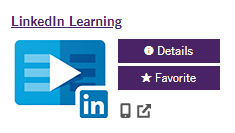Leadership Development
OWL supports the development of those in leadership positions by providing training to help expand their capacity and performance. The following courses are available to help supervisors, managers and leaders develop the ability to lead and guide others.
The Basics
Title in Training Tracker
Course #
300-33
300-53
425-01
480-04
300-49
480-01
300-215
Team Building
Title in Training Tracker
Course #
300-42
300-11
310-06
480-04
300-33
300-215
435-01
300-53
Developing People and Improving Relationships
Title in Training Tracker
Course #
480-01
435-01
310-05
300-42
415-01
402-01
480-04
300-49
300-215
300-26
300-11
300-33
Leading and Managing Processes
Title in Training Tracker
Course #
Job Specific
Title in Training Tracker
Course #
Online in Bridge
Personal Development
Title in Training Tracker
Course #
300-215
480-01
301-10
300-26
300-45
300-52
310-05
415-01
435-01
Other Topics
Training videos are available on almost any topic of supervision/leadership/self-improvement via a topic search in the LinkedIn Learning app in the eWeber portal.

One-on-One Training
If an individual cannot attend a scheduled training, OWL is available to provide training and/or cover various topics in a one-on-one environment as well. Please email jevans3@weber.edu to inquire/schedule.
